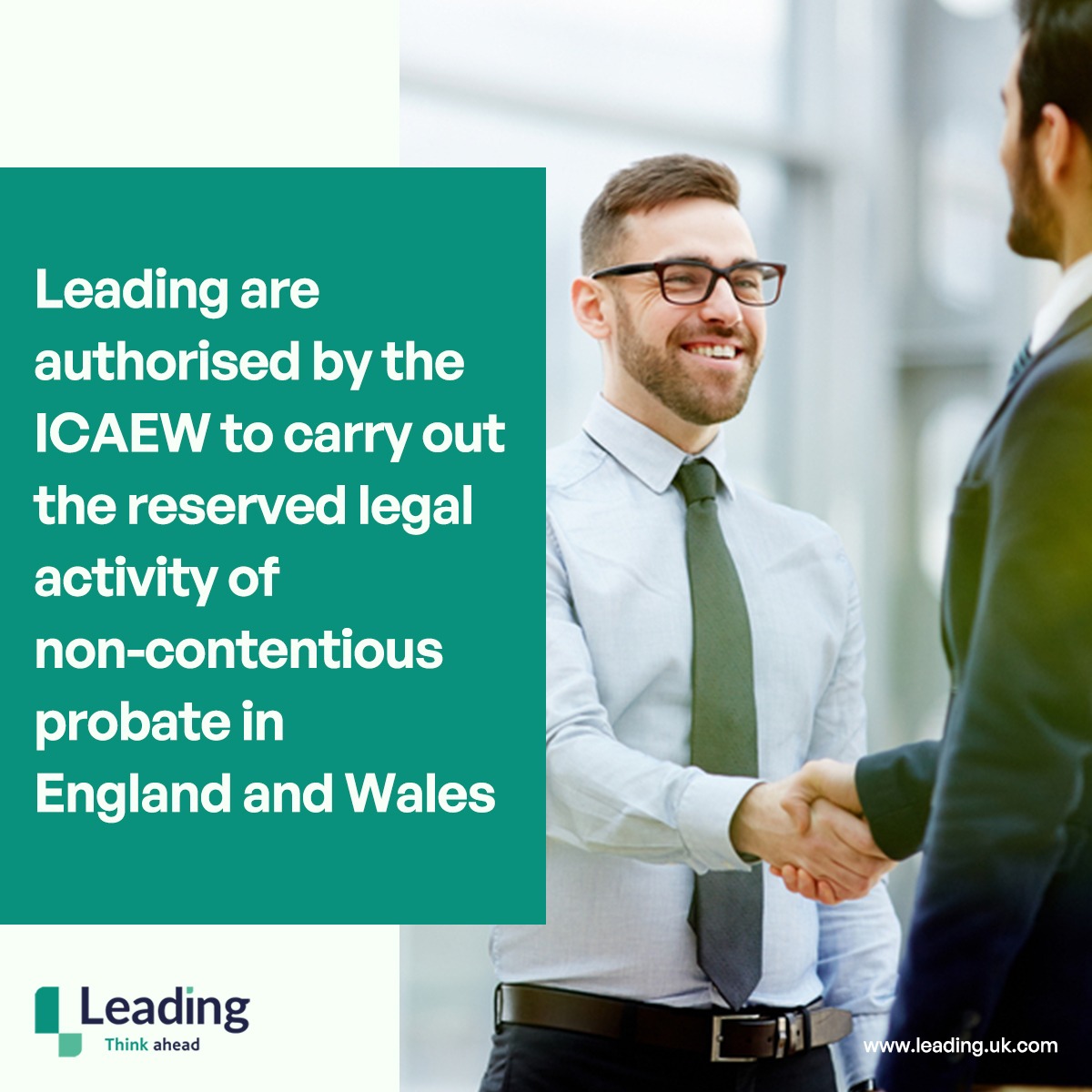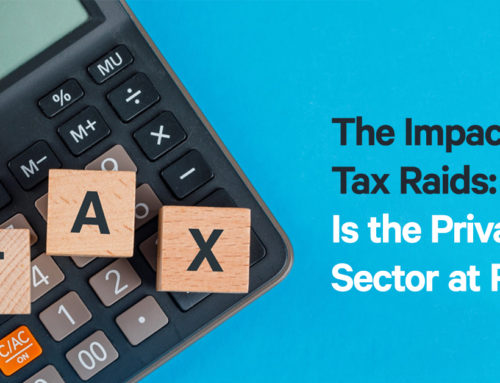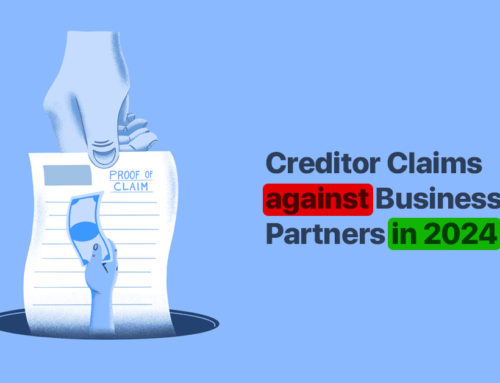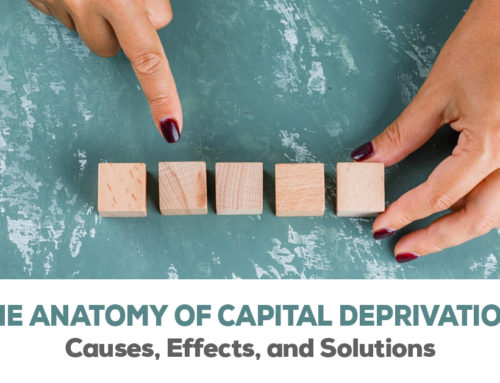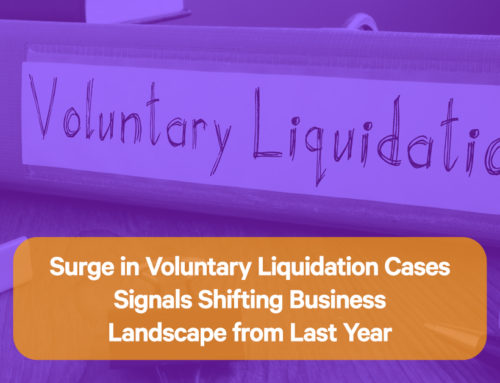There has been some controversy recently as two East Midlands bosses have been banned thanks to Bounce Back Loan abuse. This is because they have misused or falsely claimed a bounce-back loan throughout the covid pandemic, which amounted to £80,000.
Bounce Back Loan Abuse 101
Before going any further, it is worth discussing what is actually meant by bounce-back loan abuse. The bounce-back loan scheme was put in place as a means for businesses to get financial assistance of up to £50,000 if they were negatively affected by the covid-19 pandemic in 2020. There is no escaping that the pandemic impacted a number of different businesses and as a result, the Bounce Back Loan Scheme was massively beneficial as a helping hand throughout such unprecedented turmoil. The guidance on how to use the money was unclear, and as such, there are a lot of company directors who are now worried that they might have misapplied or misused their funding.
How Can Funding be Misused?
The guidance which was provided by the government established that the money received by businesses had to be used for the ‘economic benefit of the business’. This term is relatively broad and, as such, is open to misinterpretation. There are a few examples of what could constitute misuse of the funding, though, and these include some of the following:
- Making use of the funds in order to purchase personal assets
- Transferring the lump sum received to a personal bank account rather than a business account
- Passing on the money received to a third party like a friend or family member
- Using the money in order to fund an increase in dividends or directors salaries
One of the main things that can influence whether or not a loan has been misused is whether or not that loan can be paid back. For instance, if an organisation took out a bounce-back loan during the height of the pandemic but is now in a stable financial position and has paid it back, the way that it was actually used might not become apparent. In fact, as will be discussed below, the misuse of these loans only revealed itself following liquidation proceedings.
What the East Midlands Bosses Did
One of the best ways to see how a loan can be misused is by looking at a case of that happening. In the East Midlands, Muhammad Rais from Leicester has officially been disqualified for nine years as he exaggerated the turnover of his business. He did this in order to claim £31,000 of bounce-back loans. £31,000 that he was not legally entitled to.
Similarly, Lee Mankelow from Nottinghamshire was disqualified for six years. This is because he managed to claim £50,000 of his bounce-back loan during the pandemic, but when he received the funds, he used them to pay a former director of the business.
- Lee Mankelow
Mankelow worked as the director of Wolf Timber Ltd, who was responsible for the trade as builders and providers of timber products. The company went into liquidation back in December 2020, which triggered a routine investigation by the Insolvency Service. It was during this investigation that it came to light that the organisation received a bounce-back loan of £50,000 back in 2020.
When Mankelow received these funds, rather than put them back into the business in order to help further with coping with the economic fallout that came with the pandemic, it was revealed that the day after he received it, it was all transferred to the director of the company. This is a clear violation of the terms of the loan because these funds were supposed to be used in order to support the business.
Mankelow denied this and instead insisted that the money was used in order to pay the wages, as well as pay bonuses, expenses and dividends of the former director who continued to work as an employee for the company. After looking further into this defence, the investigators couldn’t find any evidence to support it.
- Muhammad Rais
A similar situation occurred with Muhammad Rais. He was previously the sole director of Lokma BBQ Ltd (based in Leicester) until, like a lot of other companies recently, it went into liquidation in January 2022. Again, this triggered an investigation by the Insolvency Service, who found Rais had applied for a bounce-back loan, stating that his company was making about £200,000 a year.
This wasn’t true and in fact, Rais and Lokma BBQ’s was actually only turning over around £74,000. Rais’s fabricated figures meant his company received £31,000 in government loans that he wasn’t entitled to. Since this has come to light, Rais has confirmed that he will be paying back about £8000 of the loans through monthly instalments.
What Does the Disqualification of Mankelow and Rais Mean?
The two have been disqualified (or banned), and this means that they are unable to be directly or indirectly involved with a business for however long their bans last. Involved means that they are unable to take part in the promotion, management or formation of any kind of company. This might be able to be lifted if they seek permission from the court, although this is unlikely.
Do You Need Help with Your Bounce Back Loan?
As previously discussed, the wording which is used in the description of how to use a government bounce-back loan is quite vague. If you have taken out one of these loans or are in the process of paying one back, you might be after more advice surrounding them. If this is the case, there are a number of organisations available that will be able to help you, one of which is Leading UK. Leading UK and our team of experts will be able to consider your current finances and then provide advice on how you should proceed. If you have any questions or would like any further information then do not hesitate to get in touch.

